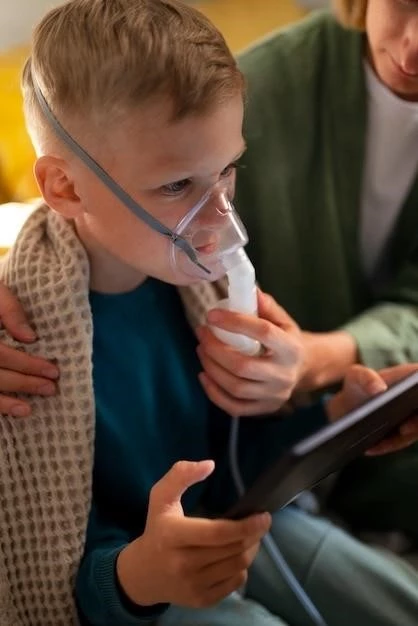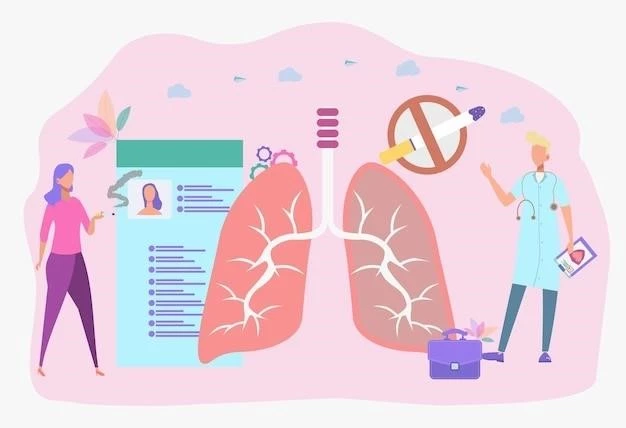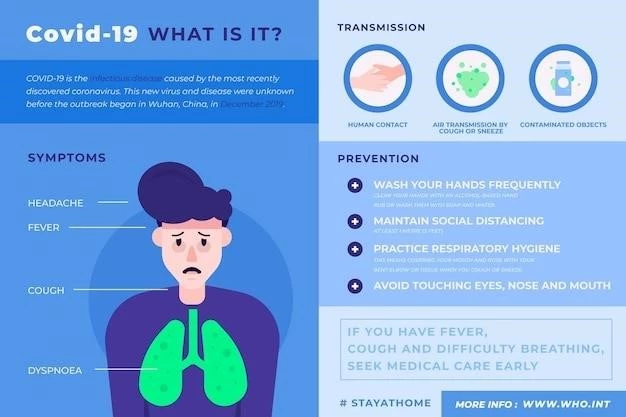Severe acute respiratory syndrome (SARS) is a viral respiratory disease caused by the virus SARS-CoV-1‚ the first identified strain of the SARS-related coronavirus․
The first known cases occurred in November 2002‚ and the syndrome caused the 2002-2004 SARS outbreak․
Chinese scientists traced the virus through the intermediary of Asian palm civets to cave bats․
Definition and Origin
Severe acute respiratory syndrome (SARS) is a viral respiratory disease of zoonotic origin caused by the virus SARS-CoV-1․ The first known cases occurred in November 2002‚ leading to the 2002-2004 SARS outbreak․ Chinese scientists traced the virus through Asian palm civets to cave bats․
Causes and Transmission of SARS
Caused by the virus SARS-CoV-1‚ Severe acute respiratory syndrome (SARS) is a viral respiratory disease that originated in Guangdong province‚ China․
The transmission of SARS occurs through respiratory droplets when an infected person coughs or sneezes‚ leading to potential global spread․
SARS-CoV-1 and SARS-CoV-2
Severe acute respiratory syndrome (SARS) is caused by SARS-CoV-1‚ the first strain of the SARS coronavirus‚ originating in China in 2002․ SARS-CoV-2‚ another coronavirus‚ emerged in 2019‚ causing the COVID-19 pandemic with significant global mortality rates․
Symptoms and Diagnosis of SARS
Severe acute respiratory syndrome (SARS) presents with initial systemic symptoms like muscle pain‚ headache‚ and fever‚ followed by respiratory symptoms such as cough‚ dyspnea‚ and pneumonia․
Clinical Features and Outcomes
Patients with Severe Acute Respiratory Syndrome (SARS) typically exhibit initial systemic symptoms like muscle pain‚ headache‚ and fever‚ progressing to respiratory symptoms such as cough‚ dyspnea‚ and pneumonia․ The disease can have severe outcomes‚ especially in individuals with underlying health conditions․

Management and Treatment of SARS
Management of Severe acute respiratory syndrome (SARS) focuses on supportive care‚ including isolation‚ symptomatic treatment‚ and prevention of complications like respiratory failure․ There are no specific antiviral treatments for SARS‚ and treatment mainly involves supportive therapies․
Therapeutic Approaches
Therapeutic approaches for Severe Acute Respiratory Syndrome (SARS) involve supportive care‚ symptom management‚ and prevention of complications like respiratory failure․ While there are no specific antiviral treatments for SARS‚ supportive therapies play a key role in patient care and overall outcomes․
Prevention and Control of SARS
Due to its contagious nature‚ prevention of Severe acute respiratory syndrome (SARS) involves strategies such as hand hygiene‚ wearing masks‚ isolation of infected individuals‚ and travel restrictions during outbreaks to minimize transmission risks․
Strategies for Minimizing Transmission
The prevention and control of Severe Acute Respiratory Syndrome (SARS) involve various strategies to minimize transmission․ These strategies include promoting hand hygiene‚ implementing respiratory etiquette‚ using personal protective equipment like masks‚ isolating infected individuals‚ conducting contact tracing‚ and enforcing travel restrictions or quarantines during outbreaks․

Global Impact of SARS
Severe acute respiratory syndrome (SARS) had a significant global impact‚ originating in China and spreading worldwide in a short period‚ affecting over 30 countries and leading to the first pandemic of the 21st century․
Worldwide Outbreaks and Mortality Rates
Severe acute respiratory syndrome (SARS) had a significant global impact‚ spreading across more than 30 countries and resulting in over 8‚000 cases and 750 deaths․ The mortality rates varied by region and population demographics‚ underscoring the severity and rapid spread of the disease․
Ongoing Research and Future Outlook
As researchers continue to investigate the origins and evolution of Severe Acute Respiratory Syndrome (SARS) viruses‚ the focus remains on understanding transmission dynamics‚ developing potential treatments‚ and improving global preparedness for future outbreaks․
Investigating the Origins and Evolution of SARS Viruses
The research into the origins and evolution of Severe Acute Respiratory Syndrome (SARS) viruses focuses on understanding the transmission dynamics‚ potential treatment developments‚ and enhancing global readiness for future outbreaks․ Scientists are delving into the genetic makeup and mutations of SARS viruses to comprehend their pathogenicity and adaptability‚ paving the way for targeted interventions and improved mitigation strategies․
